F.A.Q
Lactation Consultants are Board Certified healthcare professionals that have completed extensive training in the clinical management of breastfeeding. Lactation Consultants (IBCLC’s) also assist in breastfeeding difficulties, as well as educate, support and encourage the breastfeeding family.
The needs of every breastfeeding mother/family are different. Whether you are a first time mom or experienced mom, I am here to help. I am available to help with prenatal education to prepare for what is to come as well as postpartum support to address any issues or concerns with breastfeeding. IBCLC’s provide evidence based information to help solve breastfeeding issues
Breastfeeding has so many health benefits to both the mom and baby. Some of these benefits include, but is not limited to, decreasing the incidence of breast cancer and ovarian cancer in the breastfeeding mother and decreasing the incidence of systemic disease in the breastfeeding baby such as diabetes, heart disease, and cancer just to name a few. Research continues to be ongoing for all the health benefits that breastfeeding offers.
Current evidence suggests breastmilk is not likely to spread the virus to babies. It is recommended to practice good hand hygiene and wash hands before breastfeeding and wear a mask or pump and give expressed breastmilk in a bottle. Always monitor baby for possible Covid symptoms such a lethargy, fever, poor feeding, cough, or runny nose and contact family physician. (cdc.gov/coronavirus/2019-ncov/if-you-are-sick/pregnancy-breastfeeding.html). Breastmilk has been shown through research to provide Covid-19 antibodies and protection to babies whose mom has been vaccinated. (publications.aap.org/human-milk-and-covid19).
Due to hormonal changes in pregnancy and after giving birth, it is normal to have some tenderness in the breasts and nipples, however, breastfeeding should not hurt. Different factors during breastfeeding can cause pain in the breasts while breastfeeding such as latch and positioning of the baby. I can assist with the correction of such factors to help prevent pain and trauma of the breasts
Each pregnancy and baby is different. It is always best to try breastfeeding your baby. I am here to offer support and educate through the process to help you have a successful breastfeeding journey
Yes, you can still breastfeed your baby. You will need to continue to protect and promote your milk supply through pumping at work if possible. There are current laws in place, depending on the state you live, that protect breastfeeding mothers. Check with your state and local laws
It is possible to breastfeed after breast surgery, however it depends on the type of surgery and what tissues and nerves that innervate the mammary glands were affected. Many mothers will try to breastfeed their babies with the assistance of a Lactation Consultant
It is normal for mature milk to take from 1 day to several days to come in. Colostrum milk which is mom’s first milk, is sometimes present as early as the third trimester of pregnancy. Milk production varies in all moms and is hormone driven. It is best to initiate breastfeeding as soon as the baby is born to start the milk making process. Contact me to help with milk supply issues.
Breastfeeding moms can eat and drink most anything that they want. Some food and drink can possibly cause some early food sensitivity in the infant, it is best to pay attention to your baby and follow up with your baby’s pediatrician to determine if baby has any food sensitivity. Some food and drink that contain caffeine will need to be consumed in moderation
It is up to mom and baby how long to breastfeed. Whether it is a few minutes or a few years, every drop counts. I will help at every stage of your breastfeeding journey until you and baby are ready to wean from breastfeeding.
It is within my scope of practice to encourage breastfeeding and/or human milk feeding. As a Lactation Consultant I can not give a recommendation for formula supplementation as this should be discussed with your baby’s
pediatrician. It is the decision of the parents on what their baby will be supplemented with. I can help with other options for supplementation such as Human Donor Milk.
There are many ways to determine if baby is getting enough to eat. The number of wet and dirty diapers, baby’s weight, and calmness can be signs of baby getting enough. I can discuss this further with breastfeeding education during my consults
